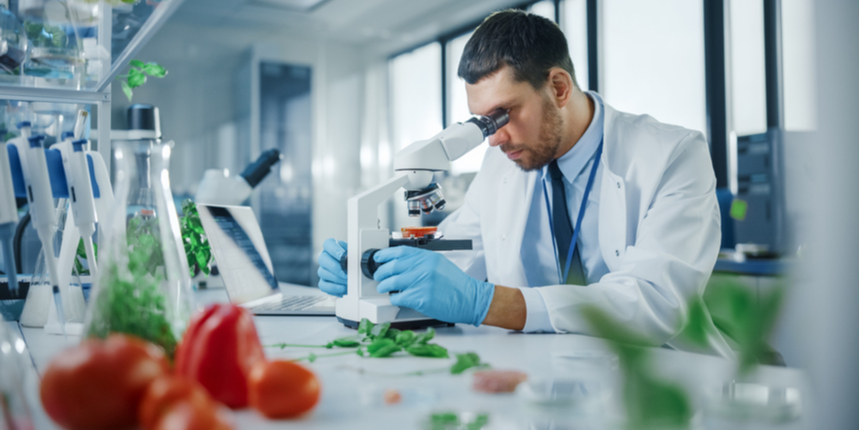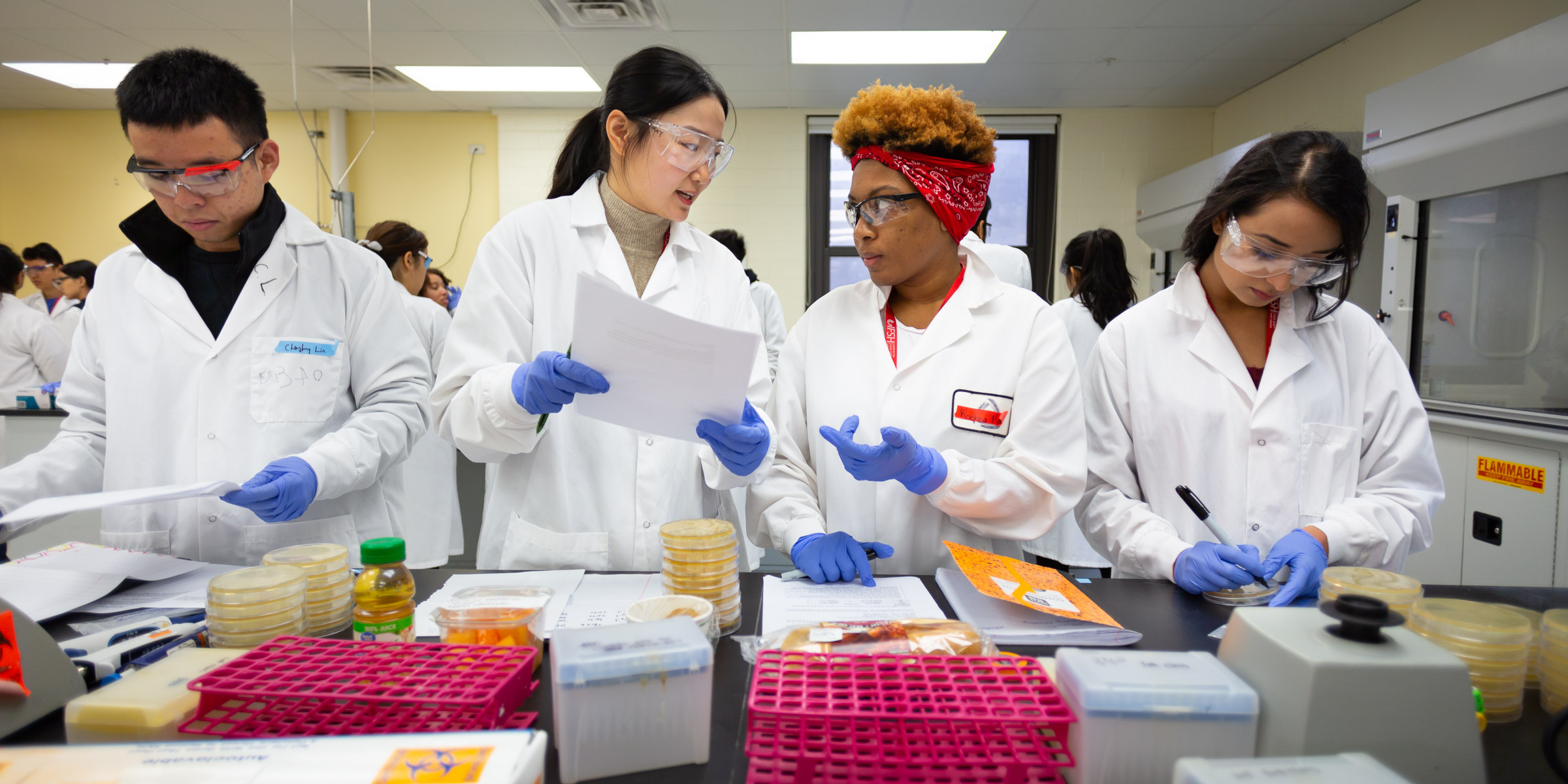food technology has revolutionized the way we produce, prepare, and consume food. From innovative cooking techniques to advanced equipment and digital solutions, technology has transformed the culinary landscape. In this article, we will explore the impact of food technology and how it is reshaping the way we approach food.
Its impact
Sous Vide Cooking: Sous vide is a cooking technique that involves vacuum-sealing food in a bag and immersing it in a precisely controlled water bath. This method allows for precise temperature control and even cooking, resulting in tender and flavorful dishes. Sous vide technology has gained popularity in both professional kitchens and home cooking, enabling chefs to achieve consistent and high-quality results.

Molecular Gastronomy: Molecular gastronomy is a culinary discipline that combines scientific principles and innovative techniques to create unique and visually stunning dishes. Food technology plays a significant role in molecular gastronomy, enabling chefs to experiment with ingredients, textures, and flavor combinations. Techniques such as spherification, foams, and emulsions have become synonymous with molecular gastronomy, pushing the boundaries of culinary creativity.
Smart Kitchen Appliances: The rise of smart home technology has extended to the kitchen. Smart kitchen appliances, equipped with Wi-Fi connectivity and integrated with virtual assistants, offer a range of features to enhance convenience and efficiency. From smart ovens and refrigerators to intelligent cooking systems and voice-activated assistants, these appliances simplify cooking tasks, automate processes, and provide personalized recommendations. Smart kitchen technology enables users to control and monitor their appliances remotely, adjust cooking settings with precision, and access a wealth of recipes and cooking guidance.
Robotics and Automation: Automation has made its way into commercial kitchens, streamlining operations and reducing manual labor. Robotic systems can perform repetitive tasks such as chopping, slicing, and food assembly with precision and consistency. Automated inventory management systems track ingredient levels, optimize ordering, and reduce waste. Robotics and automation not only increase efficiency but also free up human resources for more creative and customer-focused tasks.
Food Delivery Platforms: Food delivery platforms have experienced exponential growth, driven by advancements in technology and changing consumer preferences. These platforms connect consumers with a wide range of restaurants and culinary ventures, offering convenience and choice. From mobile apps to online ordering systems, food delivery platforms have transformed the way we access and enjoy meals. The integration of GPS tracking allows users to monitor the status and location of their deliveries in real-time, ensuring a seamless experience.
Sustainable Food Solutions: Food technology has played a crucial role in addressing sustainability challenges in the food industry. Innovations in food production and packaging have led to the development of sustainable alternatives. Plant-based meat substitutes, edible packaging materials, and precision farming techniques are just a few examples of how technology is enabling more sustainable food practices. These advancements help reduce carbon footprints, minimize waste, and promote environmentally friendly food production.
Data Analytics and Personalization: The collection and analysis of consumer data have opened doors for personalized food experiences. Food technology enables businesses to gather data on customer preferences, dietary restrictions, and purchasing behavior. This information allows for personalized recommendations, targeted marketing, and the creation of customized meal plans. Data analytics also contribute to efficient inventory management, supply chain optimization, and forecasting demand, ensuring a smooth and responsive food service.
In conclusion, food technology is reshaping the culinary landscape, offering new possibilities for creativity, efficiency, and sustainability. From innovative cooking techniques and smart kitchen appliances to robotics, data analytics, and personalized experiences, technology continues to push the boundaries of culinary exploration. As technology continues to advance, we can expect further advancements in food technology that will shape the future of the culinary world.


























